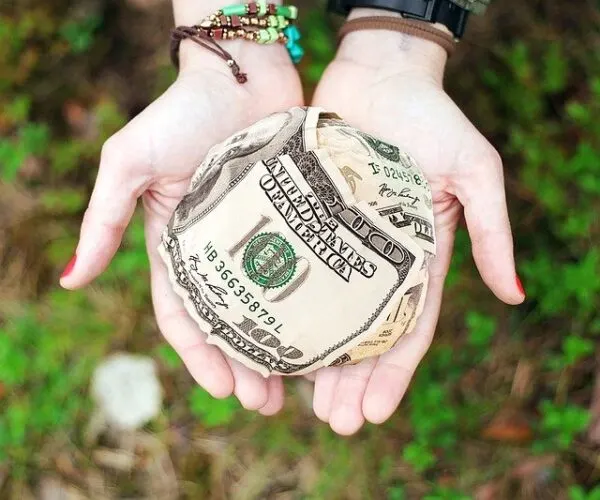
Most people would love to have enough money that they no longer need to work. That’s why lotteries are so popular! However, you don’t need to win the lottery, you simply need to develop a sensible approach to building wealth.
Of course, it helps to have a little assistance. But, between this guide to buying assets and not liabilities and an appointment with a reputable financial planning specialist, you’ll have it all covered.
The Difference Between Assets & Liabilities
An asset is anything that has value. In other words, if you can sell it for money then it’s an asset. In contrast, a liability is something that has no or a negative monetary value.
No value simply means it can’t be sold although t could be given away.
But, a real liability is something with a negative value. Anything you buy can be classed as an asset as it can be resold. However, if the resale value is lower than the purchase price, it’s actually a liability as it will have cost you money. This includes things you have to repay, such as loans.
If you want to get wealthy then you should only buy things that are essential or will make you money.
The most common asset that everyone owns and contributes to wealth building s their home. It usually goes up in value and will be worth more than you paid for it.
The term assets are also generally used to describe a variety of investment vehicles, such as stocks and shares:
Stocks
Stocks are pieces of a company. When you buy stocks you’re effectively buying a piece of a company and hoping it trades better in the future, boosting the value of the company and your piece of stock.
It is possible to get a dividend paid out by the company against your stocks. That’s one way to release funds from your asset, another is to sell the stocks.
Bonds
A bond is actually a debt instrument. When you buy a bond you’re actually buying the right to get the interest on that bond. In most cases, you have to wait for the bond to mature to receive your money but these are virtually guaranteed to pay out.
Property
We’ve mentioned your home is your asset. But, you can also invest in additional properties. For example, you can buy a home to rent or you can invest in a real estate fund. You simply put your money into the fund and an expert deals with the right property to invest in.
Savings
The final asset you should be attempting to build is cash. It is likely to grow at the slowest rate of all of these but, it is a safe bet.
Of course, you can’t just collect cash at home. You need to put it in a savings account, the higher the interest rate the better. This will earn you interest on your money and, if you choose an account with compound interest it will equate to a large sum in the long term.
The more assets you build up, combined with eliminating liabilities, the better your financial position for the future.
- Sagittarius Man & Gemini Woman Love and Sex Compatibility - January 31, 2024
- Taurus Ascendant Rising Personality Traits in Men (Guide) - January 31, 2024
- How to Seduce and Attract a Sagittarius Man (Seduction Tips) - January 31, 2024
